Photographs: Nigel Marple/Reuters. T N Ninan
Which countries in the world are the least corrupt, according to Transparency International's (TI) latest Corruption Perceptions Index? Denmark, Finland, New Zealand, Sweden, Singapore and Switzerland.
Their average per capita income: $55,000. And which are the most corrupt (the word is applied only to the public sector - so, essentially, government corruption)?
Somalia, North Korea, Afghanistan, Sudan and Myanmar. Their average per capita income? Less than $1,000.
...
Why poor nations are more corrupt than the rich
Image: Tourists stand at a promenade across the water from the Marina Bay Sands integrated resort in Singapore.Photographs: Vivek Prakash/Reuters.
The richest countries are also the cleanest, while the poorest are perceived as the most corrupt.
The question begs itself: do corruption levels mirror per capita income levels, just as the United Nations' human development index does?
So it would seem, from a closer look at TI's latest list of 174 countries, ranked using information from 13 different international data sources.
Take India. TI ranks it 94th out of 174 countries. But of the 93 countries that have a better corruption ranking, as many as 86 also do better on per capita income.
...
Why poor nations are more corrupt than the rich
Image: A man buys tomatoes at a vegetable market in Mbare.Photographs: Philimon Bulawayo/Reuters.
Only seven countries that are poorer than India manage to do better on corruption.
Six of them, interestingly, are in Africa (Rwanda, Lesotho, Liberia, Zambia, Malawi and Burkina Faso), so parts of that continent are doing some things better than us in India.
Look then at the South Asia corruption scores, and the picture is generally consistent: corruption perceptions usually improve as incomes rise.
Bhutan has the second highest per capita income ($2,053) and also the best corruption rank (33).
...
Why poor nations are more corrupt than the rich
Photographs: Reuters.
That is followed by Sri Lanka ($2,880 and rank of 79), and then India ($1,511 and corruption rank of 94).
The poorer neighbours (Pakistan, Bangladesh, Nepal) also do worse on corruption, ranking between 139 and 144.
The moral in the numbers seems to be clear: get rich and your country is also likely to become clean (or at least cleaner).
This is of course a dangerously deterministic position to adopt, because a convenient conclusion would be that there is little that can be done about corruption when a country is poor.
...
Why poor nations are more corrupt than the rich
Image: Prime Minister Manmohan Singh.Photographs: Reuters.
It would give a handle to a government to say that corruption should be tolerated; Indira Gandhi once dismissed concern about growing corruption by saying that it was a "global phenomenon"; she might have said more accurately that it was a "Third World" phenomenon.
Manmohan Singh in turn said recently that rapid growth provides new opportunities for corruption, and there may well be a connection if one looks at examples like India and China (both have seen their absolute corruption scores deteriorate over the past decade of rapid growth), while Indonesia was a byword for corruption in its go-go years till 1997.
...
Why poor nations are more corrupt than the rich
Photographs: Reuters.
But even if there is correlation between rapid growth and corruption, when does the chain snap - as it must, since only non-corrupt countries stay long enough on the growth curve to eventually become rich?
Some theorise that the correlation depends on the nature of corruption - some kinds facilitate growth (as in South Korea), others hinder it (Russia has plenty of oligarchs and is the poorest performing Brics country).
...
Why poor nations are more corrupt than the rich
Image: A truck takes earth containing nickel ore from a mine to a port on Halmahera island in eastern Indonesia.Photographs: Neil Chatterjee/Reuters.
Alternatively, corruption is like inequality - it rises along with income growth for a while, then drops off as income continues to grow.
The danger would be if the level of corruption crosses a tipping po#8747 the country then descends into a kleptocracy and never makes it up the income charts.
Super-corrupt Indonesia, after more than a decade of 8-9 per cent annual growth, imploded in 1997; that set back per capita income by a whole decade, and it then took another decade or so to get back to the 1997 level. Don't say you weren't warned.
...

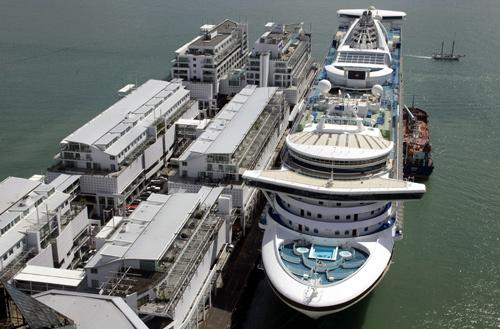
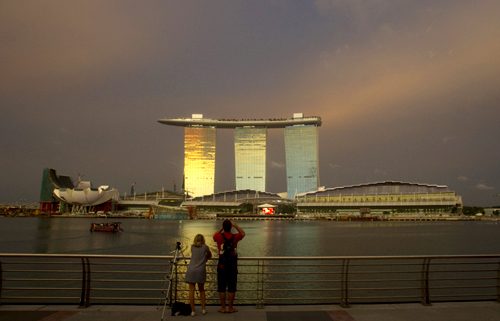

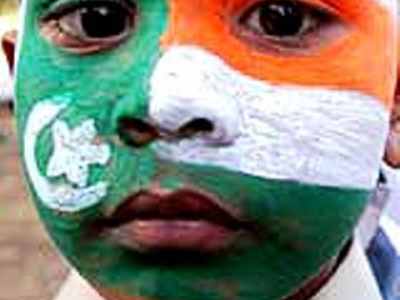
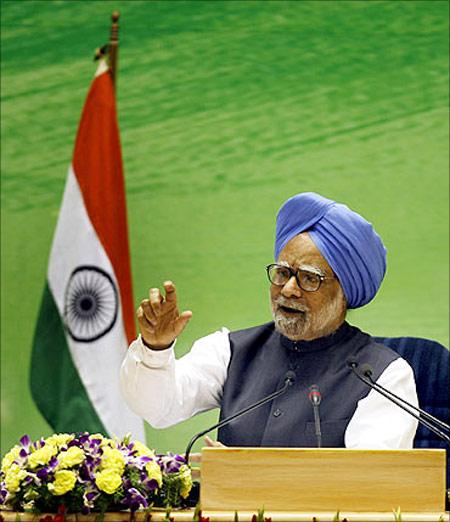

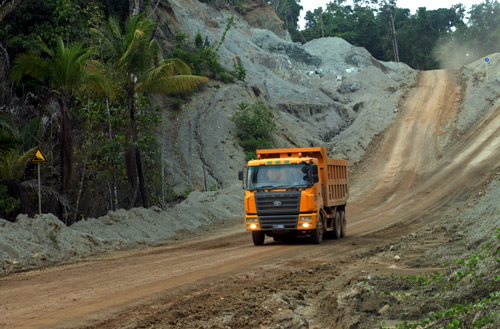

article